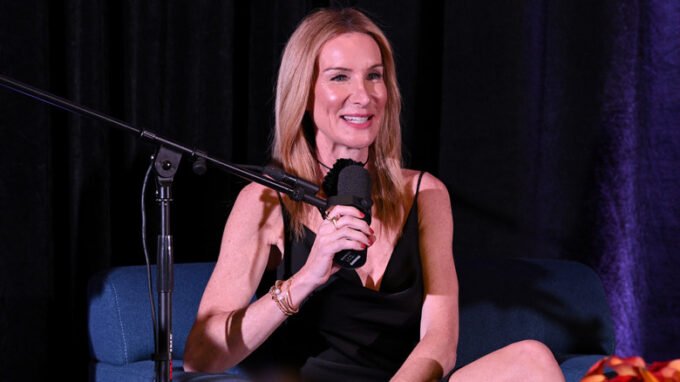
The B.C. government’s promised legislation on Indigenous rights is expected to be tabled Thursday and, if passed, would make the province the first in Canada to legally implement the United Nations Declaration on the Rights of Indigenous Peoples (UNDRIP).
In the months since Premier John Horgan committed to the legislation, in his February throne speech, a team from the Ministry of Indigenous Relations and Reconciliation has been working with the First Nations Leadership Council to draft the historic bill.
Indigenous leaders from across the province are expected to be at the B.C. Legislature on Thursday morning, on what is being called a historic day.
The legislation is meant to provide a framework for the province to align its laws with the standards of the UN declaration — something Indigenous groups have long been advocating for in B.C. and across the country.
Preparing for tomorrow. On the eve of a historic day, tomorrow the Province of BC will introduce legislation related to the UN Declaration on the Rights of Indigenous Peoples. <a href=”https://twitter.com/hashtag/undrip?src=hash&ref_src=twsrc%5Etfw”>#undrip</a> Watch live at 10am <a href=”https://t.co/PRAasWhur3″>https://t.co/PRAasWhur3</a> <a href=”https://t.co/JbLV1lmArA”>pic.twitter.com/JbLV1lmArA</a>
—@BCAFN
At its core, the legislation has been discussed among Indigenous leaders as a way to improve government-to-government relations.
“It moves us away from a relationship of denial,” Cheryl Casimer, one of the First Nations Summit political executives, said in an interview on CBC’s On the Coast.
“Denial of our rights, denial of our title, denial of our basic human rights — and puts us in a position where we can sit as equal decision-maker at tables where decisions are being made that impact our lives.”
‘This is about recognizing human rights’
“What this declaration does is now recognize that Indigenous Peoples have the inherent right to self-government and to make decisions and have power,” said Ed John, who has long worked to advocate for the rights of Indigenous communities in Canada and internationally.
John was involved with the development of the declaration as a representative for the Assembly of First Nations. He was in New York City when Canada formally opposed the declaration’s adoption in the UN General Assembly in 2007.
He was also there when Canada came back to the table in 2016 and endorsed it.
“There was a standing ovation, believe it or not, from Indigenous Peoples around the world. And you don’t see standing ovations at the UN.”
UNDRIP has now been endorsed by both B.C. and Canada. It consists of 46 articles meant to recognize the basic human rights of Indigenous people along with their rights to self-determination.
Article 43 states the rights detailed in the declaration represent “the minimum standards for the survival, dignity and well-being of the Indigenous peoples of the world.”
“This is about recognizing human rights applied to Indigenous peoples and it’s something that governments of all stripes have not done before, despite the fact it’s in the Constitution of Canada,” Scott Fraser, the B.C. minister of Indigenous relations, said Wednesday.
Specific details about what’s in the legislation won’t be clear until the bill is tabled.
It wouldn’t be the first time UNDRIP legislation has been introduced in Canada.
In 2016, outgoing NPD MP Romeo Saganash introduced bill C-262, which was described as “an act to ensure that the laws of Canada are in harmony with the United Nations Declaration on the Rights of Indigenous Peoples.”
The bill passed in the House of Commons in 2018, but died earlier this year after getting held up in the Senate.
Jody Wilson-Raybould, the newly elected Independent MP and former Liberal cabinet minister, said the country needs to create mechanisms to enable Indigenous people to be self-determining, something she will push for when she returns to her Ottawa work.
“I’m going to continue to be a strong voice, to advocate for rights recognition in the country much like the province of British Columbia is doing today,” Wilson-Raybould said in a phone interview on CBC’s The Early Edition Thursday.
In B.C., Horgan campaigned on a promise to legislate UNDRIP, and his throne speech reiterated the government’s commitment.
“We need to address reconciliation in British Columbia, not just for social justice … but for economic equality for all citizens, Indigenous and non-Indigenous.”












































Leave a comment